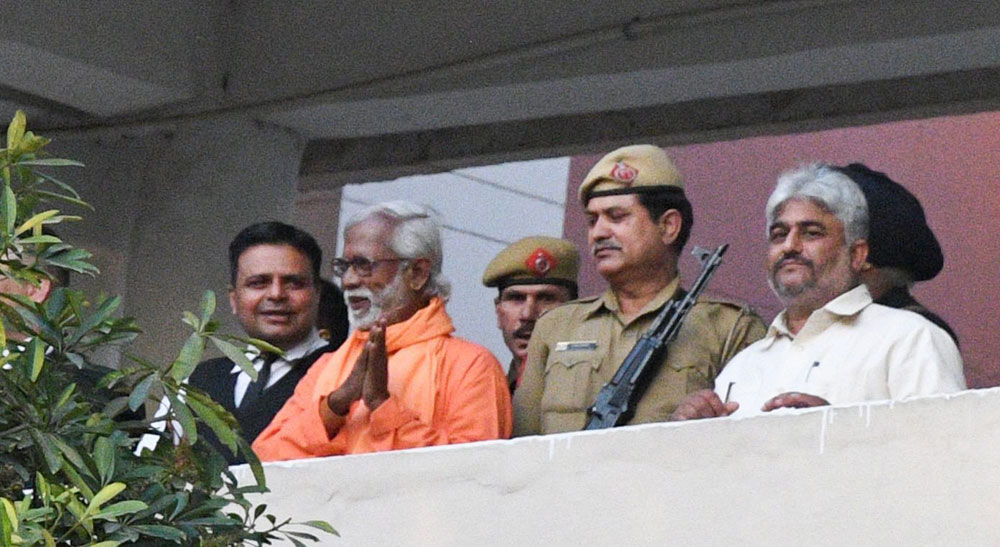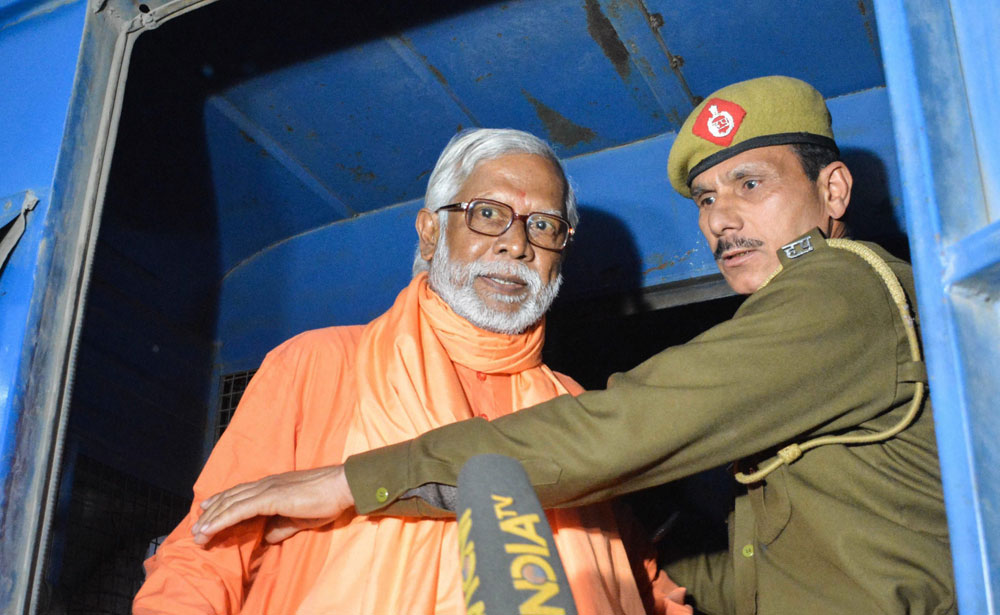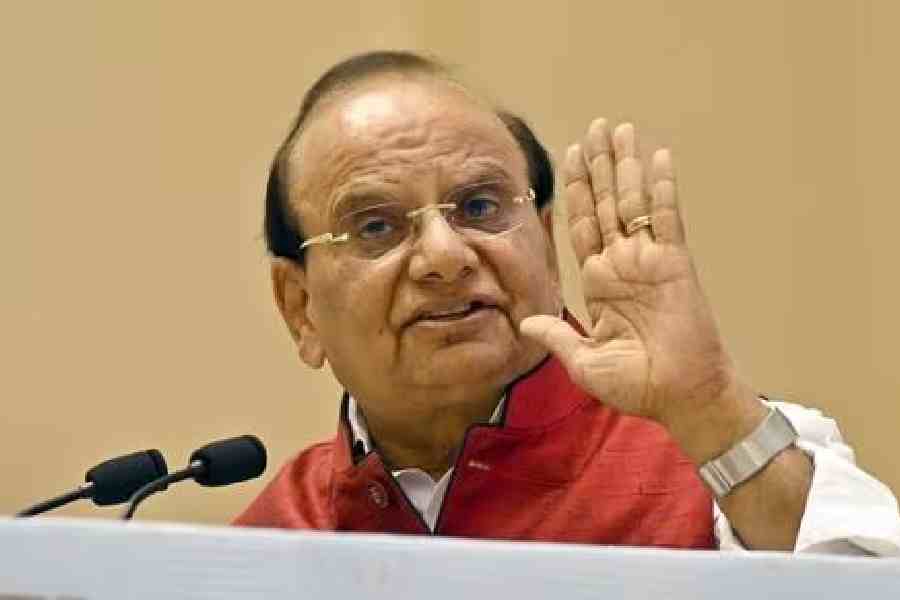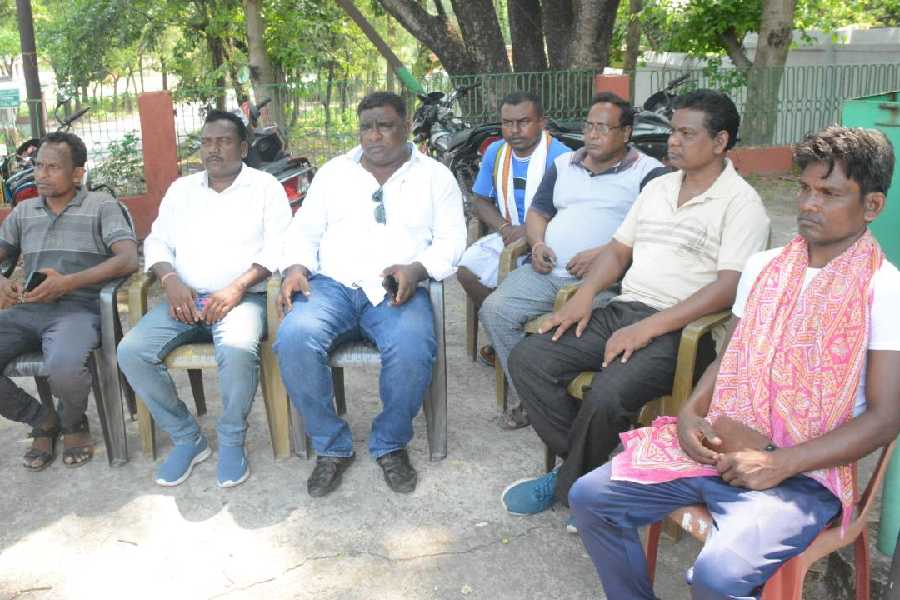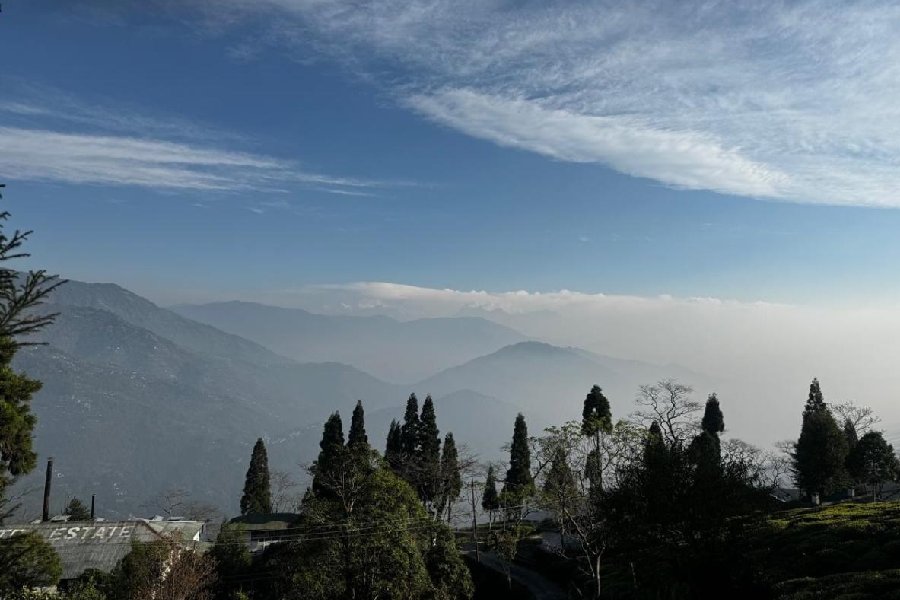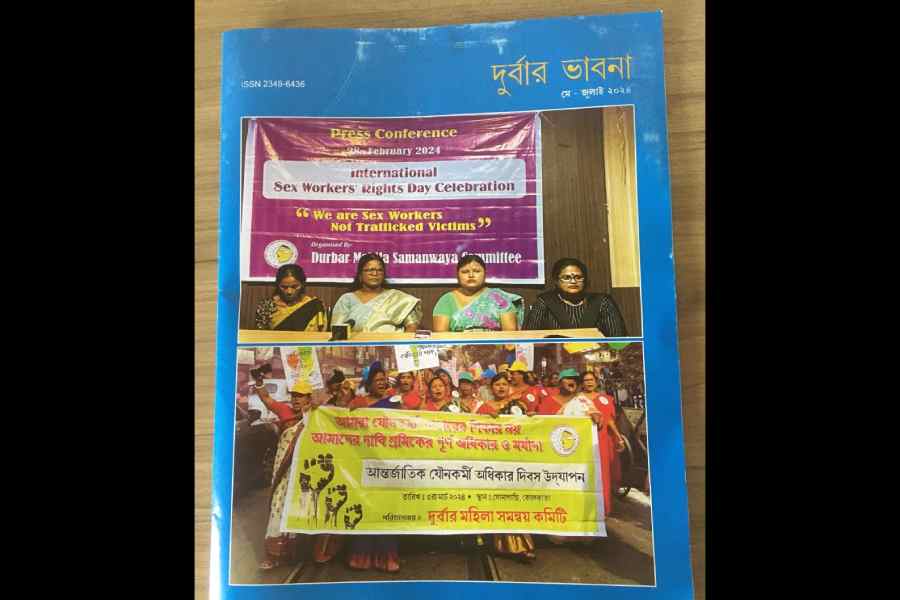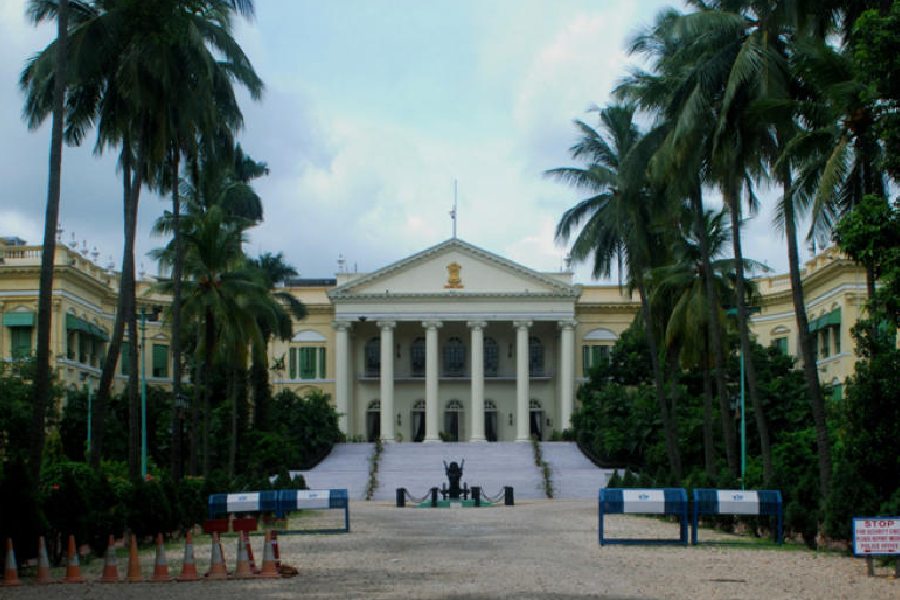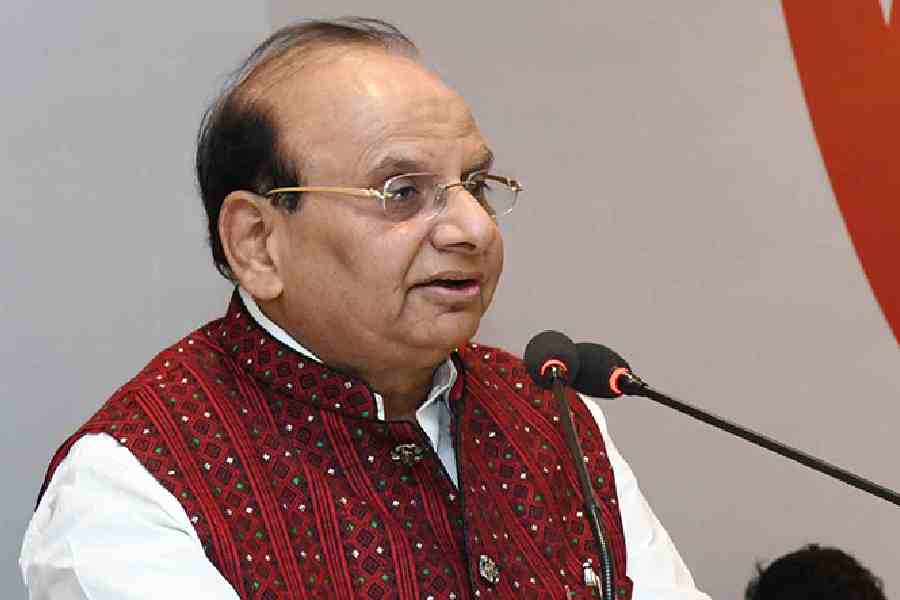A special court that acquitted Swami Aseemanand and three others in the Samjhauta Express blast case last week has said the National Investigation Agency lost a valuable piece of evidence by not conducting an identification parade, voicing anguish that a “dastardly act” had gone unpunished.
NIA court judge Jagdeep Singh said the agency “very strangely” didn’t bother to conduct a test identification parade of the suspects after learning that an Indore tailor may have stitched the covers of two suitcases in which unexploded bombs were found in the train.
“Thus the investigating agency has lost a very valuable piece of evidence by not conducting investigation properly in this regard.”
The identification parade “might have given some vital clue about (the) real culprits involved in the crime”, he said, adding that an act of terrorism had remained unpunished for want of credible evidence.
All the four accused — Naba Kumar Sarkar alias Swami Aseemanand, Lokesh Sharma, Kamal Chauhan and Rajinder Chaudhary — were acquitted by the court on March 20.
“I have to conclude this judgment with deep pain and anguish as a dastardly act of violence remained unpunished for want of credible and admissible evidence. There are gaping holes in the prosecution evidence and an act of terrorism has remained unsolved,” the judge said in the detailed judgment made public on Thursday.
“Since the findings of a court of law are based on admissible evidence as per law, the pain becomes more acute when perpetrators of (a) heinous crime remain unidentified and unpunished.”
The February 2007 blast near Panipat, Haryana, had ripped apart two coaches in the India-Pakistan train and left as many as 68 people dead, most of them Pakistanis, in what was described as “saffron terror” as the accused were all Hindu.
Haryana police had registered a case but the probe was handed over to the NIA in July 2010. The BJP had called the March 20 verdict “historic” but questions were raised on whether the NIA had diluted the probe.
The judge observed that “suspicion, however grave, cannot take the place of proof” and it was a “cardinal principal of criminal jurisprudence that charge against an accused can only be established by adducing evidence beyond reasonable doubt”.
In the present case, the judge said, there was no evidence regarding any agreement to commit the crime among the accused persons. “No concrete oral, documentary or scientific evidence has been brought on record to connect the accused, facing the trial, with the crime in question. There is not an iota of evidence to make out any motive on the part of the accused to indulge in the crime.”
The judge also said that it had been generally noticed that a malaise had set in among investigating agencies, which coin terms like Muslim terrorism and Hindu fundamentalism.
But terrorism, he said, has no religion. “A criminal element, belonging to a particular religion, community or caste, cannot be projected as (a) representative of such particular religion, community or caste and branding the entire community, caste or religion in the name of such criminal element(s) would be totally unjustified…,” he said.


